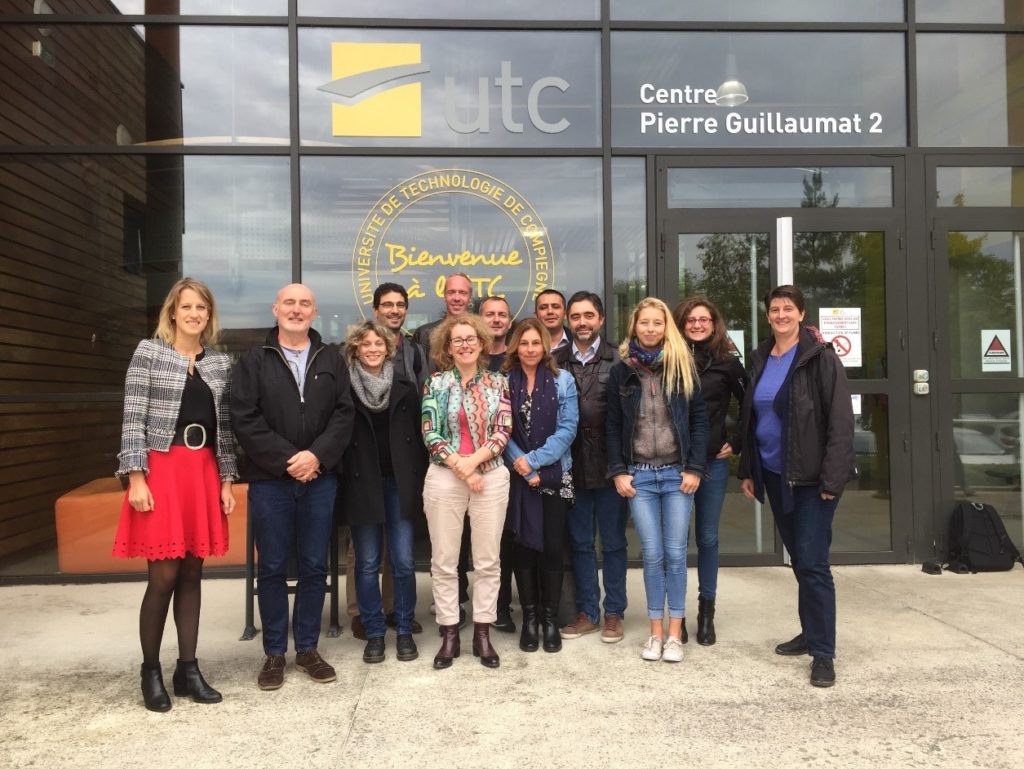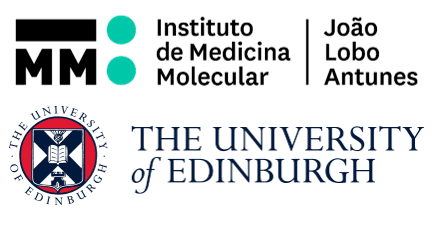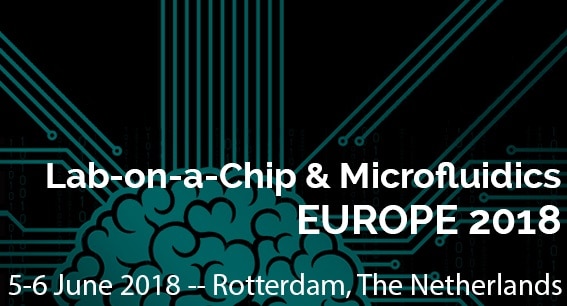In the Myochip project, Fluigent, in collaboration with Instituto de Medicina Molecular, University of Edingburgh,…
MIMLIVER on CHIP project Kick Off
Fluigent and our collaborators are pleased to announce that the 1.5 M€ project: MIMLIVER on CHIP has been funded by the French National Research Agency.
This project coordinated by the laboratory of Biomechanics and Bioengineering from UTC/CNRS aims at developing a functional liver-on-chip system to evaluate the toxicity of drugs.
This project is motivated by the established observation that 90% of potential drug candidates fail in clinical trials due to the lack of relevant models in the early drug development stages. The Liver is a central organ for toxicology assessment as it metabolizes the drugs into compounds that can be more active than the parent drug itself. Prior to being metabolized by hepatocytes, drugs are first filtered across an endothelial barrier which is typical of the liver. This selective barrier loses its properties in pathological conditions.
In order to produce more reliable results in preclinical development, the MIMLIVERonCHIP project aims at developing the first in vitro model that reproduces both the liver and its associated vascular system.
Participating in this project are 4 partners with complementary expertise:
- The laboratory of Biomechanics and Bioengineering who have already developed and validated a liver on chip model. They will lead the development the endothelial cell chip and its connection to the liver chip.
- The Laboratory of Integrated Micro Mechatronic Systems who have strong expertise in endothelial cells, angiogenesis and vascular networks. They will grow primary endothelial cells and drive their growth into a relevant cell layer representative of the liver’s vascularisation.
- HCS Pharma is a CRO specialized in the development of innovative 2D and 3D cellular models for pharmacology and toxicology. They will validate the final liver-on-chip model by evaluating the effect of known substances and benchmark it with existing techniques.
- Fluigent will develop an automated instrument that will meet pharma standards in terms of throughput, automation, connection, compactness and ease of use.
The kick-off meeting took place on the 3rd of October. This project is very innovative and we expect to find significant results on the co-culture of the hepatocytes and LSEC (Liver Specific Endothelial Cells) on our way to the final report.


